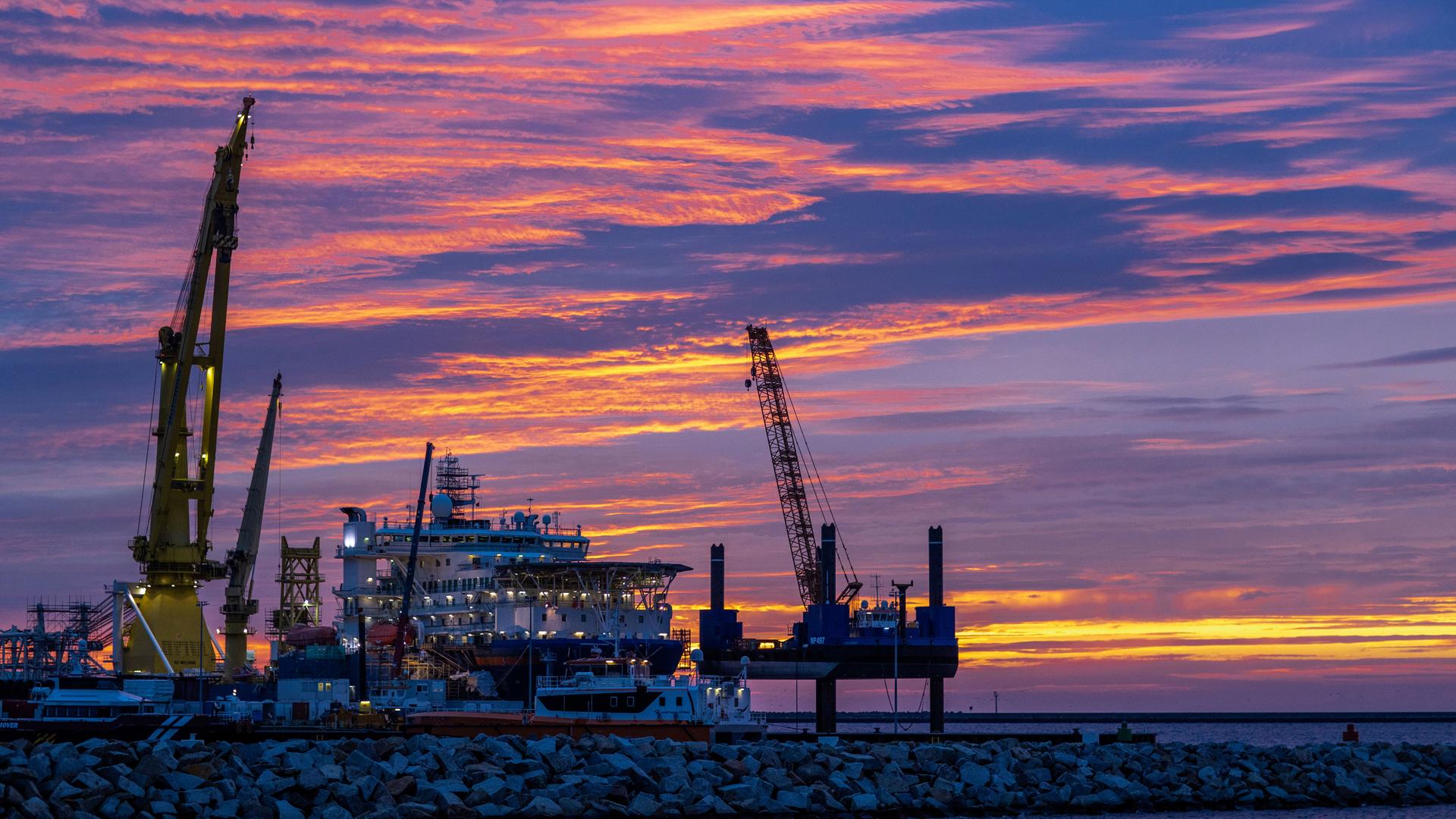What does Europe expect to gain from a project that is financially unnecessary and gives Russia significant leverage over them?
The poisoning of Russian opposition leader Alexey Navalny with Novichok nerve agent has sent shock waves throughout Europe. For the second time in as many years, Moscow is accused of sanctioning the use of a banned chemical weapon to assassinate political dissidents. This is in addition to other assassinations the Kremlin is allegedly linked to like that of Georgian citizen Zelimkhan Khangoshvili who was gunned down in a Berlin park last year. Of course, Russia denies involvement in any of these killings—but they would, wouldn’t they.
It is not just the hit jobs across Europe that is undermining Europe’s relations with Moscow. Russia’s actions in places like Syria, Libya, and Ukraine—and now Belarus—also undermines Europe’s security interests.
Even so, Europe remains heavily dependent on Russian energy supplies. Europe depends on Russian natural gas for 40 percent of its needs. In total, almost 200 billion cubic meters of natural gas are now imported from Russia annually due to declining European production and rising demand.
This is particularly true when it comes to the Nord Stream 2 gas pipeline project. This proposed Russian gas pipeline to Germany will increase Europe’s dependence on Moscow for energy. Notwithstanding the tough line and threat of sanctions from the Trump Administration, and vocal opposition from many corners across Europe, Germany remains committed to seeing Nord Stream 2 becoming operational.
This project is neither economically necessary, nor is it geopolitically prudent. Rather, it is a political project led by German financial interests and Russian geopolitical machinations to greatly increase European dependence on Russian gas, magnify Russia’s ability to use its European energy dominance as a political trump card, and specifically undermine Eastern and Central Europe.
The blatant poisoning of Navalny should be the end of this project. Berlin should find the moral and geopolitical fortitude to tell Moscow that a line has been crossed and that Nord Stream 2 is no longer possible.
In place of Nord Stream 2, Europe needs to do a better job at diversifying its energy resources away from Russia. One logical area is Europe’s south. There are three initiatives that can help Europe achieve better energy security instead of relying more on Russia: the Southern Gas Corridor, the proposed Trans-Caspian Pipeline, and the Three Seas Initiative.
The Southern Gas Corridor is a network of pipelines running 2,100 miles across seven countries, that will soon be supplying 60 billion cubic meters of natural gas to Europe. In addition to the existing network of gas pipelines connecting Azerbaijan on the Caspian Sea to Southern Europe while bypassing Russia, in June 2018 construction finished on the Trans-Anatolian Natural Gas Pipeline, further linking Azerbaijan to Turkey.
This pipeline will then link with the Trans Adriatic Pipeline, which will run from the Turkish–Greek border to Italy via Albania and the Adriatic Sea, when it becomes fully operation this November. These new gas pipelines, in addition to the existing South Caucasus Pipeline, are known as the Southern Gas Corridor.
Secondly, there is also talk of finally building a Trans-Caspian Pipeline to bring even more natural gas to Europe bypassing Russia. Europe should be taking a leading role making this proposal a reality.
A pipeline is the only economically viable way to move natural gas across the Caspian Sea. This means that right now there is no profitable way to get Central Asia’s gas to Europe without going through Russia or Iran. While a fully-fledged pipeline should be the long-term goal, in the short term, the transatlantic community should encourage Azerbaijan and Turkmenistan to construct an interconnector between two existing gas fields in the Caspian.
Finally, Europe’s energy security can be bolstered by the Three Seas Initiative. Launched in 2016 to facilitate the development of energy and infrastructure ties among 12 nations in Eastern, Central, and Southern Europe, the 3SI aims to strengthen trade, infrastructure, energy, and political cooperation among countries bordering the Adriatic Sea, the Baltic Sea, and the Black Sea.
As a vestige of the Cold War, most infrastructure in the region runs east to west, stymieing greater regional interconnectedness. Developing north–south interconnections and pipelines will spur economic growth, prosperity, and security.
However, looking to Europe’s south for energy diversification comes with its challenges. A good reminder of this was in July when Armenian forces fired artillery at the Azerbaijani village of Aghdam. This village is located in the Ganja Gap, a narrow transit corridor only 100 kilometers where all east-west trade bypassing Russia and Iran occurs.
Russia knows that the gas Europe imports from the Caspian region reduces its influence. With the Southern Gas Corridor becoming fully operation in a couple of months, it is clear Russia used Armenia to turn up the heat in the Ganja Gap. This is why Europe needs to increase its efforts to help bring the decade’s long conflict between Armenia and Azerbaijan to a peaceful end.
Russia has a track record of using energy as a tool of aggression, and each barrel of oil and cubic meter of gas that Europe can buy elsewhere will make it more secure.
It is almost unbelievable that under the current geopolitical situation Germany would still go ahead with Nord Stream 2. It is time for Europeans to pressure Berlin to kill the project.
Author: Luke Coffey
Luke Coffey is the Director of the Foreign Policy Center at The Heritage Foundation, a Washington DC based think-tank.
Source










Discussion about this post